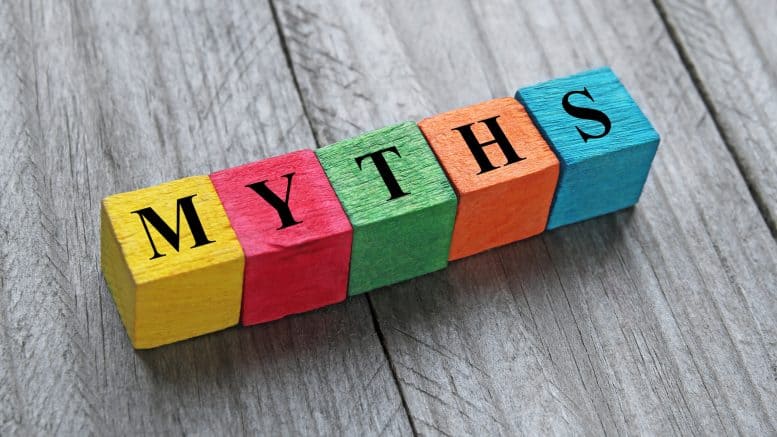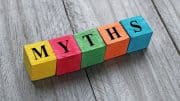Not all vitamins are created equal.
The statement, “all vitamins are the same,” is actually meant to be “all multivitamins are the same.” Since there are 13 essential vitamins, the statement that vitamins are all the same is ridiculous. What most people mean by vitamin is a multivitamin when they make this statement. A multivitamin is a mixture of the essential vitamins and minerals that your body can’t make on its own. The problem is that there is no consensus on the content or definition of the term “multivitamin.” Manufacturers determine the content and often make an outlandish claim of the benefits of taking their vitamin.
A significant portion of the population takes a multivitamin on a daily basis. There is a great deal of disagreement on whether a multivitamin is needed and if supplementation is a good idea. There is no doubt in my mind that a multivitamin is suggested if your diet is limited due to dieting or if you have a limited supply of fresh foods. Our bodies require these essential vitamins and minerals to function efficiently. If you have a limited supply of healthy food due to a restriction or otherwise, you will need to supplement in order to gain a large enough supply to function appropriately.
If you are eating a diverse diet with plenty of fruits and vegetables, you do not need a multivitamin. Too many of us are living lives on the go and eating a diet that is deficient. This deficiency creates a situation that is similar to malnutrition. Unfortunately, many of our diets provide an insufficient supply of these necessary elements.
Each multivitamin is different. Multivitamins contain varying amounts of each vitamin and mineral. Some vitamins come from various sources. Some are vegetable-based, and others include a mixed variety. There are men’s, women’s, and many other types of vitamins. The variations are limitless.
Vitamin manufacturers make outlandish claims that their brand will improve energy levels, increase your sleep, prevent diseases, and even live longer. Others claim that supplementation is harmless. The truth is that serious adverse events have been reported and too much a good thing is deleterious. You should not supplement unless your diet is lacking. Especially, you should avoid doses in a massive excess to the recommendation.
The bottom line: All multivitamins differ. Read the labels of your supplement and vitamin and know its contents. Do not buy into the hype. A good multi-vitamin, if your diet is deficient, is essential for a healthy lifestyle, but expensive is not necessarily better.







Be the first to comment on "Myth: All vitamins are the same."